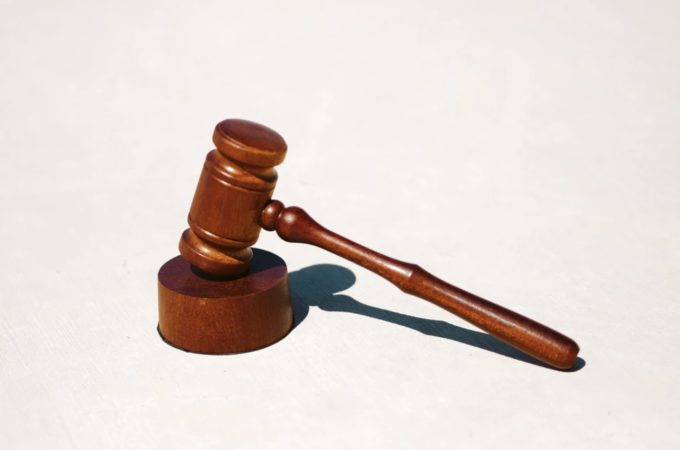H.R.2426 — CASE Act of 2019
Full Text of Bill; GovTrack.us Summary
On October 22, 2019, the House passed the Copyright Alternative in Small-Claims Enforcement (CASE) Act. In December 2020, the CASE Act was included as part of an omnibus COVID-19 Relief Bill, which was signed into law on December 27, 2020. The CASE Act created a three-judge tribunal, the Copyright Claims Board (CCB), within the U.S. Copyright Office to attend to small copyright claims. Two out of the three board members are required to be attorneys with substantial experience in copyright infringement claims. The bill was originally introduced by Rep. Jeffries, Hakeem S. [D-NY-8] on May 1, 2019. According to a press release by the Republican members of the House Judiciary Committee, the purpose of the legislation is to “create an easier and more affordable way for small creators to address the theft of their work.”
This bill was originally introduced into the 116th Congress on May 1, 2019, but died in Congress, after it was passed by the House but not by the Senate. The bill did eventually pass when it was reintroduced as a part of the COVID-19 relief bill. It provides one of the most significant changes to U.S. copyright law since the passing of the 1998 Digital Millennium Copyright Act over two decades ago. A summary of the history surrounding the bill is available here and here. The creators of the CASE Act intend for the act to provide an easier and more efficient means for people to obtain copyright enforcement for their creations. Prior to the enactment of CASE, all copyright infringement cases were required to proceed through the federal courts – a process which can be considerably costly in terms of both time and expenses. Some creators are exuberant about this bill and hopeful that it will accomplish its purpose. Muack Law refers to the bill, as described by its sponsor Representative Jeffries, as a “remedy for the creative middle class.”
However, critics of CASE worry that the creation of a new tribunal and enforcement mechanism will actually make it more difficult for small players to obtain the enforcement that they need. An article published by the Electronic Frontier Foundation asserts that although this act “is supposed to be a solution to the complicated problem of online copyright infringement”, “in reality, it creates a system that will harm everyday users who, unlike the big players, won’t have the time and capacity to negotiate this new bureaucracy”. Particularly, there is concern regarding the level of voluntariness of this tribunal mechanism as it is solely an opt-out system, particularly in light of the immense penalties they are authorized to institute. Everyday content creators will still face difficulties when encountering sophisticated actors. Under the CASE Act, the Copyright Claims Board must begin operations within one year from the enactment, or by December 27, 2021. This tribunal will alter the copyright litigation landscape by providing a less expensive, more streamlined process for infringed people to assert and claim their copyrights. Many small businesses and individual creators cannot afford to enforce their copyrights through expensive litigation and will benefit from the CASE Act. This new enforcement tribunal will change the landscape of copyrights, and therefore creativity, and bring new challenges and opportunities to creative people around the country.
